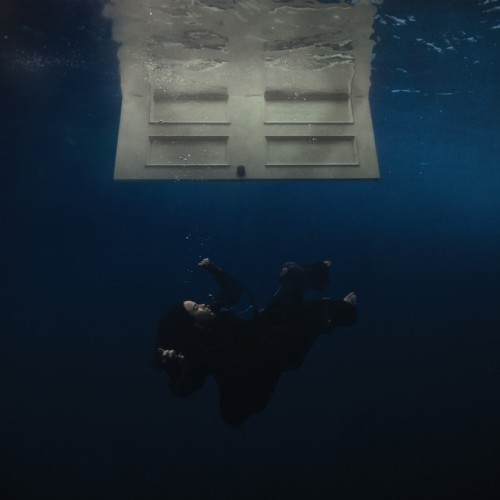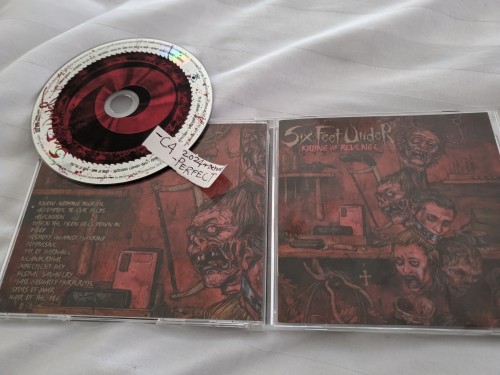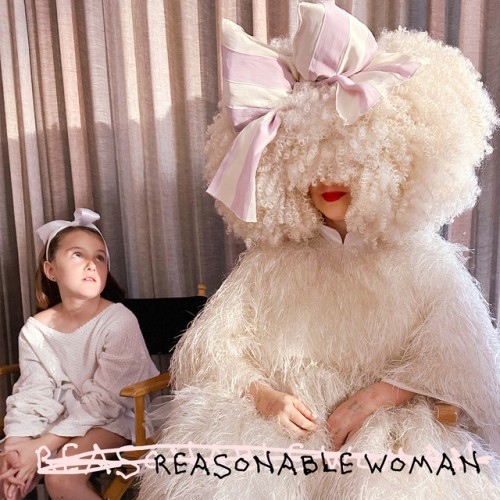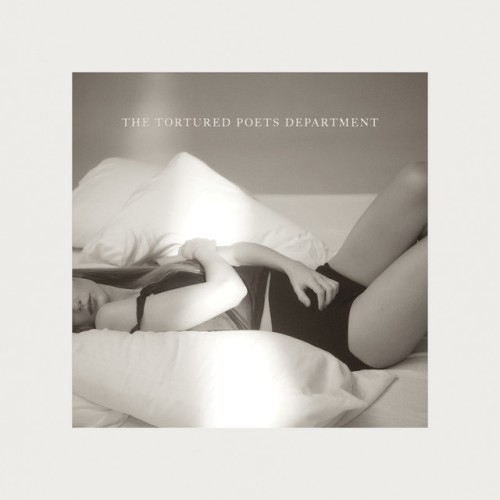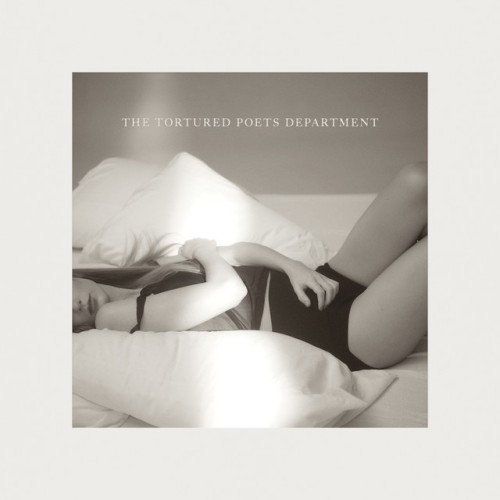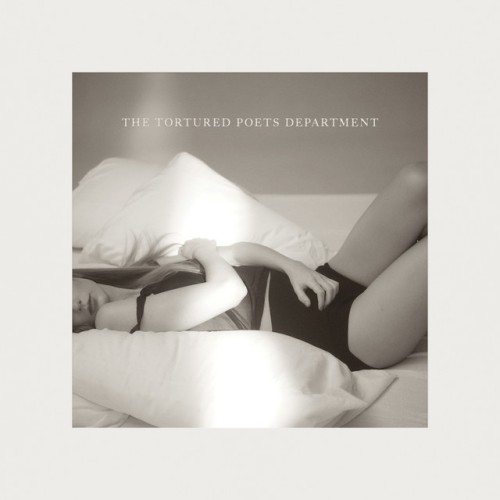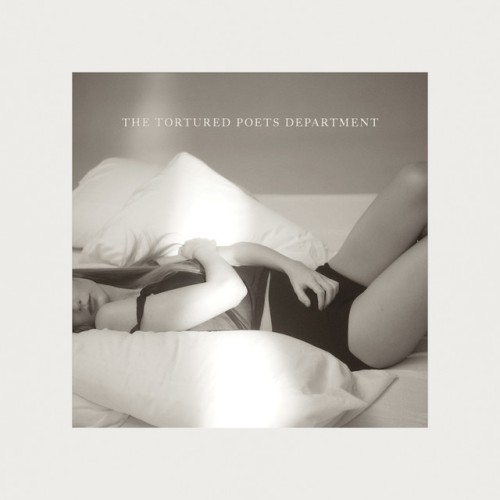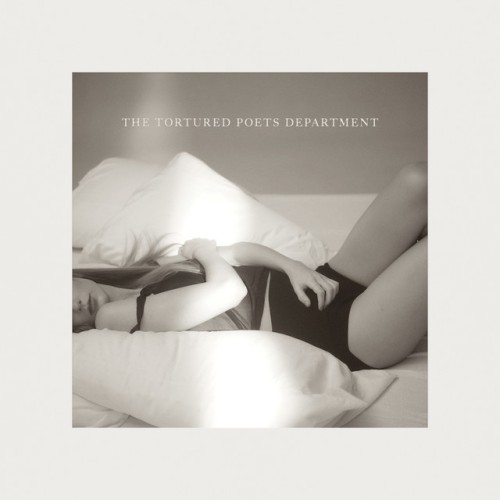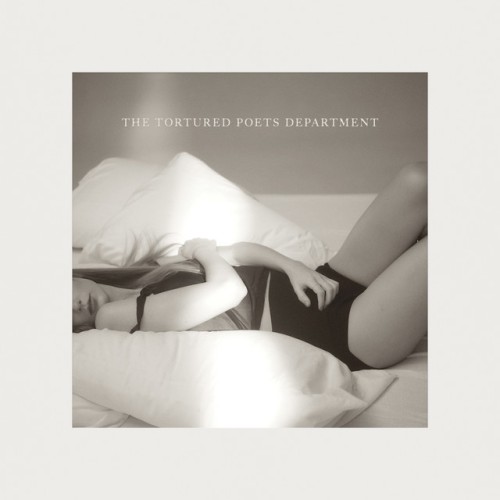
Alexei Utkin, Igor Tchetuev – Robert Schumann: Pieces for Oboe and Piano (2010)
DSF 5.0 Surround DSD64/2.82MHz | Time – 48:59 minutes | 4,84 GB
DSF Stereo DSD64/2.82MHz | Time – 48:59 minutes | 1,94 GB
Official Digital Download – Source: nativeDSDmusic | Booklet, Front Cover | © Caro Mitis/Essential Music
In his youth Schumann was reputed to be a tender-hearted and desperate Romantic. This is undoubtedly true. We need only recall his ardent love for future wife Clara and how passionately he fought for her, how fervently he poured his feelings into numerous piano pieces and spared no effort in writing critical articles, where he furiously attacked Philistines and waxed lyrical about talented young composers such as Berlioz and Chopin.
When Schumann later found family happiness and his life became more tranquil, at least to outward appearances, characteristics that had previously lain hidden finally surfaced. The pieces recorded for this album give an idea of what the mature Schumann was like as a person and what interested him. Nearly all of them (except the violin sonata) were composed in Dresden, where he lived from 1844 to 1849. It should be mentioned that the change in Schumann’s place of residence which involved leaving Leipzig, the epicentre of musical activity, and moving to quiet, peaceful Dresden was undertaken on the advice of his doctors. The composer suffered from bipolar affective disorder. He was overcome by bouts of terrible depression which, in the end, also led to his death. Initially the move brought no relief: ‘I am still badly afflicted and often quite despondent. I am not allowed to work at all, only to rest and take walks, but often I lack the strength even for a stroll,’ wrote the composer in October 1844.
Read more
Alexei Utkin, Hermitage Chamber Orchestra – Mozart: Oboenspitze, vol.3 (2010)
DSF 5.0 Surround DSD64/2.82MHz | Time – 46:16 minutes | 4,57 GB
DSF Stereo DSD64, 1 bit/2,82 MHz | Time – 46:16 minutes | 1,83 GB | Genre: Classical
Studio Masters, Official Digital Download – Source: nativeDSDmusic | Booklet, Front Cover | © Essential Music/Caro Mitis
The concertos are… a happy medium between what is too easy and too difficult. They are very brilliant and pleasing to the ear, but naturally without being vapid. There are passages here and there which only connoisseurs can appreciate, yet the less learned cannot fail to be pleased, without knowing why.
Read more
Alexei Utkin, Hermitage Chamber Orchestra – Mozart: Oboenspitze, vol.2 (2008)
DSF 5.0 Surround DSD64/2.82MHz | Time – 54:18 minutes | 5,37 GB
DSF Stereo DSD64, 1 bit/2,82 MHz | Time – 54:18 minutes | 2,15GB | Genre: Classical
Studio Masters, Official Digital Download – Source: nativeDSDmusic | Booklet, Front Cover | © Essential Music/Caro Mitis
In the mid-18th century a composition bearing the name Sinfonia concertante captivated audiences at large public concerts in Paris, London and Mannheim. In many ways akin to a solo concerto, symphonies with the participation of a group of solo instruments were seen primarily as an alternative to the usual orchestral symphony – somewhat lighter in content, but far more virtuoso and showy by nature. The powerful, stirring sound of the orchestra (in which an important role was played by developed parts for wind instruments) was combined with sections that allowed the best European performers to demonstrate their mastery.
As things turned out, the wider public is familiar with only a few examples among many hundreds of 18th-century concertante symphonies. By a certain irony of fate, sometimes even the names of composers who were famous in their day for writing dozens of such symphonies have been practically forgotten, whereas Mozart’s sole surviving opus in this genre, the Sinfonia concertante in E flat major for violin and viola (KV 364), is traditionally an integral part of the classical repertoire. It sufficed for Mozart to make just one episodic application of the sinfonia concertante genre in order to eclipse his colleagues’ legacy for several centuries, although admittedly this work occupies an important place among his compositions.
Read more
Alexei Utkin, Hermitage Chamber Orchestra – Mozart: Oboenspitze, vol.1 (2004)
DSF Stereo DSD64/2.82MHz | Time – 01:04:25 minutes | 2,55 GB | Genre: Classical
Source: ISO SACD | © Caro Mitis/Essential Music | Booklet, Front Cover
Little is known about Giuseppe Ferlendis who was appointed oboist at the court of Archbishop of Salzburg Prince Hieronymus Colloredo on April 1, 1777. But irrespective of whether Ferlendis was a profound or average musician, his appearance in Salzburg orchestra inspired young Wolfgang Amadeus Mozart to create one of his rare compositions with solo oboe: Concerto in C major KV 314. Did the successful composer create this work out of boredom, having to spend months and years of his youth in the Austrian province he felt aversion for?
Whatever it might be but when at the end of September of same year (1777) Wolfgang set out for an important musical tour of Europe in search of the worthy application of his talent (for the first time without his father, accompanied only by his mother), he took the manuscript of the new Concerto with him – as a kind of business card, one of spectacular samples of his composing accomplishment.

Alexei Utkin, Hermitage Chamber Orchestra – Johann Sebastian Bach – Oboenwerke, vol.2 (2003)
FLAC (tracks) 24 bit/88,2 kHz | Time – 01:09:09 minutes | 1,24 GB | Genre: Classical
Source: SACD ISO | @ Caro MitisItem Number: CM 0032003
Recorded: 23-27.09.2003 5th Studio of The Russian Television and Radio Broadcasting Company (RTR) Moscow, Russia
Why, judging by the survived music scores, different bodies of musicians were allowed for performing many works by composers of the Baroque epoch? What are the rules according to which the baroque instrumental ensembles were being formed? How to be about modern transcriptions of the ancient compositions? There is the only way to answer these questions, that is — to comprehend the special features of the baroque music, its key categories. The notion of trio widespread in that epoch deserves special attention here.
The baroque trio is a much wider category than trio in classical or romantic music since it indicates not the number of performers but the number and correlation of the musical tissue’s fibres: two expressive melodic voices are based on harmonic foundation of the figured bass (continuo part usually performed by one, two or three musicians). Such trio mode of musical thinking was as customary and natural for baroque composers as melodies to the accompaniment — for musicians of the next epoch. Thanks to the universal principles of the trio boundaries between the genres of the baroque instrumental music are transparent: one triple-voiced basis may be realized by varied bodies of performers.

Alexei Utkin, Hermitage Chamber Orchestra – Carl Philipp Emanuel Bach – Oboenkonzerte & Sonaten (2005)
FLAC (tracks) Stereo 24-bit/88,2 kHz | Time – 01:02:18 minutes | 1,12 GB | Genre: Classical
Source: SACD ISO | Item Number: CM 0112004 | Digital Booklet | © Caro Mitis
Recorded: 22–24.08.2004 “Manege” Hall of The Moscow Theatre “School of Dramatic Art”
When, at the end of the 18th century in Germany, they talked of the “great Bach”, it was usually not Johann Sebastian they had in mind, who was admired at the time by just a few connoisseurs, but his second son, Carl Philipp Emanuel in whose powerful talent Haydn, Mozart and Beethoven delighted and whose influence extended even to the early romantics: Weber, Hoffmann, Mendelssohn. (more…)
Read more
Alexei Utkin, Hermitage Chamber Orchestra – Johann Sebastian Bach – Oboenwerke, vol.3 (2004)
FLAC (tracks) 24 bit/88,2 kHz | Time – 00:59:17 minutes | 1,03 GB | Genre: Classical
Source: SACD ISO | @ Caro MitisItem Number: CM 0012004
Recorded: 9-14.12.2003 5th Studio of The Russian Television and Radio Broadcasting Company (RTR) Moscow, Russia
From the first note to the last, this album is fantastic. Bach’s music is inherently heavenly, but add in the inspiration and sheer joy in performance of these Hermitage Chamber Orchestra musicians.
This is the third volume of Bach oboe works released by Caro Mitis with the Alexei Utkin. This program begins with the Fourth Orchestral Suite, followed by the D-minor Oboe Concerto, S 1059, and ends with the Second Orchestral Suite.
The chamber orchestra’s performance of these suites, as well as their accompaniment to Utkin in the concerto, just delights me more each time I listen. They feel every phrase, understand how everything fits together, and bring out some of the most dazzling harmonies. One hour of their performance of this music passes all too quickly. This is a great performance.

Alexei Utkin, Hermitage Chamber Orchestra – Johann Sebastian Bach – Oboenwerke, vol.1 (2003)
FLAC (tracks) 24 bit/88,2 kHz | Time – 01:02:47 minutes | 1,22 GB | Genre: Classical
Source: SACD ISO | @ Caro MitisItem Number: CM 0012003
Recorded: 3-9.07.2003 5th Studio of The Russian Television and Radio Broadcasting Company (RTR) Moscow, Russia
Certain works by J.S. Bach call to mind a fresco in an ancient cathedral where only the last layer of paint is visible. Or maybe a picture by an Old Master painted over an earlier image hidden from view because the artist ran out of canvas. The music of the great German composer contains many such enigmas: Bach frequently based new compositions on works written in previous years, many of which perished in their original form. But we now have the ability to recapture music that was apparently lost forever.
The four concertos by J.S. Bach (1685–1750) presented in this album were evidently written during the composer’s Köthen period (1717–1723). For many years we only knew them as lost originals of Bach’s ‘reworking’, the later keyboard concertos (end of the 1730s). Taking into account such features as the key, the range of solo melodies and the specific characteristics of melodic figures and phrases, music scholars have managed to establish which instruments the original versions of these concertos were written for. This has enabled scientifically verified ‘reconstructions’ of the originals to appear in the second half ofthe 20th century. To the delight of performers, several excellent of virtuoso compositions for oboe and orchestra appeared to be among them.





![King Crimson - Larks’ Tongues in Aspic (40th Anniversary Edition) (1973/2023) [High Fidelity Pure Audio Blu-Ray Disc]](https://imghd.xyz/images/2024/05/12/138741_front.md.jpg)
